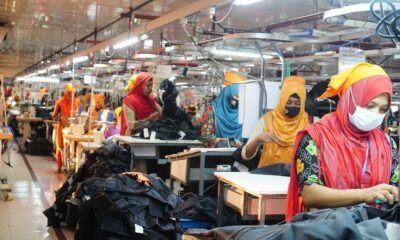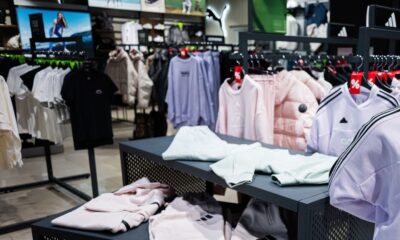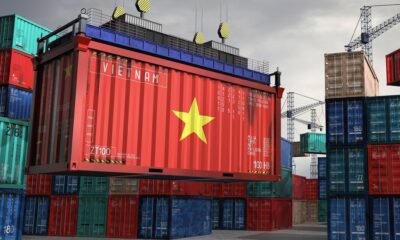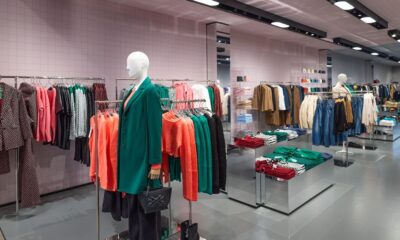Fashion
Vista Alegre signs partnership with India’s Oma Living after exiting joint venture with Shree Sharda
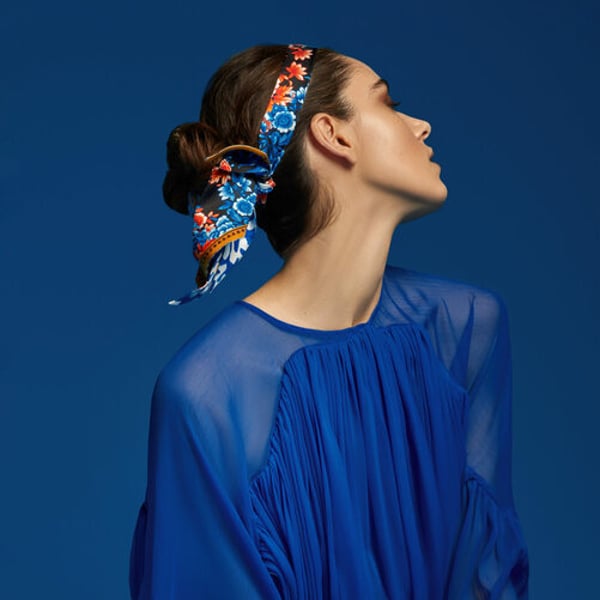
Translated by
Nazia BIBI KEENOO
Published
September 11, 2025
The historic Portuguese luxury brand Vista Alegre, known for its porcelain, crystal, glassware, earthenware, and textiles, has partnered with Oma Living, India’s largest home and decoration retailer. The agreement follows Vista Alegre’s sale of its 50% stake in its Indian subsidiary, previously held through a joint venture with the Shree Sharda Group, according to ECO. The Portuguese group Vista Alegre, owned by conglomerate Visabeira and global football icon Cristiano Ronaldo, brought the athlete on board as an investor after he acquired 10% of the parent company and 30% of its Spanish subsidiary. Vista Alegre finalized the deal in the first half of 2025, a period during which it reported an 8.4% year-over-year drop in profits to €3.6 million. ECO attributed the decline largely to a 35% surge in energy costs and contacted the 200-year-old company for further details about the partnership and its strategy for Asia.
In a statement to ECO, Vista Alegre Atlantis’s Portuguese management said: “Its expanded network of luxury stores in this segment, in the main cities of India, will allow an increase in the exposure of Vista Alegre brand products, an increase in brand awareness and growth in sales in that country,” adding that it considers India “an absolutely relevant market for its growth in Asia.”
Although sales in Portugal grew by 240,000 euros by June, the company’s main growth continues to come from international markets, which represent 76% of its revenue. Its top three destinations are Germany, Spain, and France. Asia and the Middle East added 4.7 million euros to total sales, prompting the company to establish a new subsidiary in partnership with Cristiano Ronaldo. This unit will focus on developing both the Vista Alegre and Bordallo Pinheiro brands in these high-potential regions.
Vista Alegre’s interim financial report for H1 2025 also confirmed the formalization of the sale of 49% of Vista Alegre Atlantis S.A. to Shree Sharda (based in Delhi), along with the sale of the remaining 1% held by Vista Alegre itself.
Vista Alegre, widely recognized for its fine porcelain and exclusive crystal and glass creations, entered the textile space in 2020 with a collection of scarves and blankets inspired by the decoration of its iconic porcelain collections. In 2023, the brand expanded the line with original fashion accessories. Vista Alegre’s textile collection focuses on carrés, pocket squares, and twillys, handcrafted from pure silk.
In 2019, even before its expansion into textiles, Swiss watchmaker Franck Muller launched a special-edition timepiece, the Franck Muller Atlântico, limited to 20 units and featuring a crystal case crafted by Vista Alegre.
Founded in 1824 near Ílhavo in the Aveiro district of Portugal, Vista Alegre is the oldest porcelain manufacturer on the Iberian Peninsula. The brand also owns Bordallo Pinheiro, and has engaged in creative collaborations with global talents, including supermodel Claudia Schiffer, fashion houses Christian Lacroix and Oscar de la Renta, as well as architects, chefs, visual artists, designers, writers, and musicians.
This article is an automatic translation.
Click here to read the original article.
Copyright © 2025 FashionNetwork.com All rights reserved.
Fashion
Vietnam textile-garment sector targets $50 mn in exports in 2026
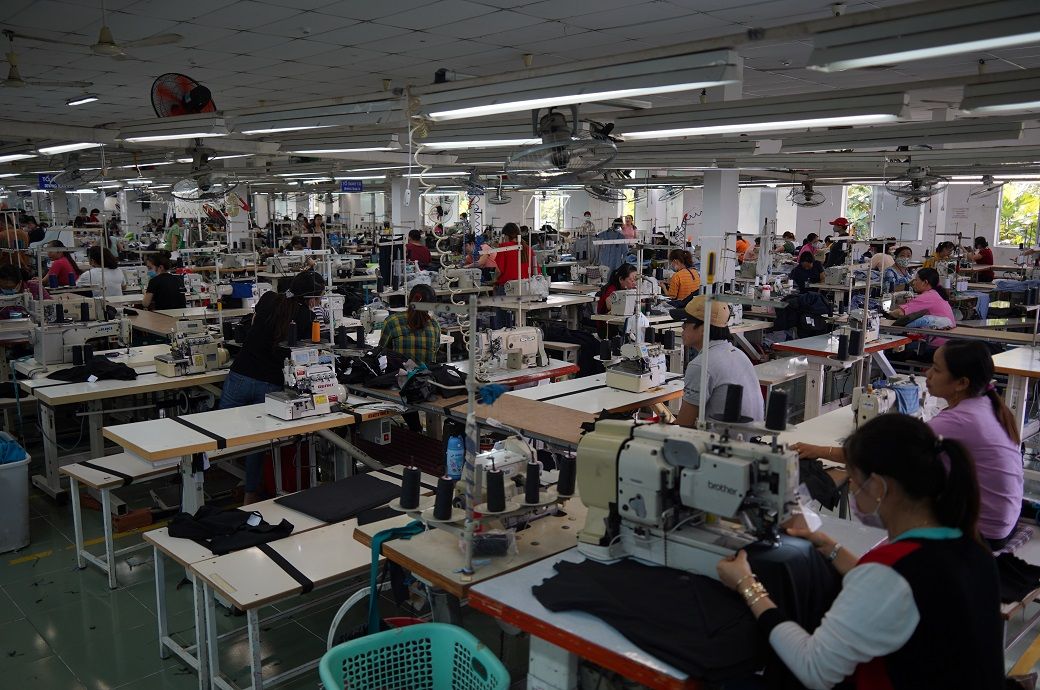
The goal, however, is challenging due to external pressures, including stricter technical barriers, reciprocal tariffs on goods exported to the United States, and the European Union’s Carbon Border Adjustment Mechanism (CBAM) for selected industrial products.
Therefore, major export industries in the country have started restructuring and adjusting strategies early in the year to seize market opportunities.
Following a record export value of $475 billion achieved in 2025—up by 17 per cent YoY—Vietnam aims at adding nearly $38 billion to the figure in 2026.
Major export industries in the country have begun restructuring and adjusting strategies early in the year to seize market opportunities.
The textile and garment sector, which earned $46 billion in 2025, has set a target of $50 billion in exports in 2026.
The textile and garment sector, which earned $46 billion in 2025, has set a target of $50 billion in exports in 2026.
The sector is focusing on strengthening domestic supply chains, raising localisation rates and making more effective use of free trade agreements (FTAs), Vu Duc Giang, chairman of the Vietnam Textile and Apparel Association (VITAS), was cited as saying by a domestic media outlet.
Exports may grow by 15-16 per cent this year, driven by market expansion and a shift towards higher-value products, according to MB Securities’ Vietnam Outlook 2026 report.
Fibre2Fashion (DS)
Fashion
Netherlands’ goods exports to US fall 4.7% in Jan-Oct 2025
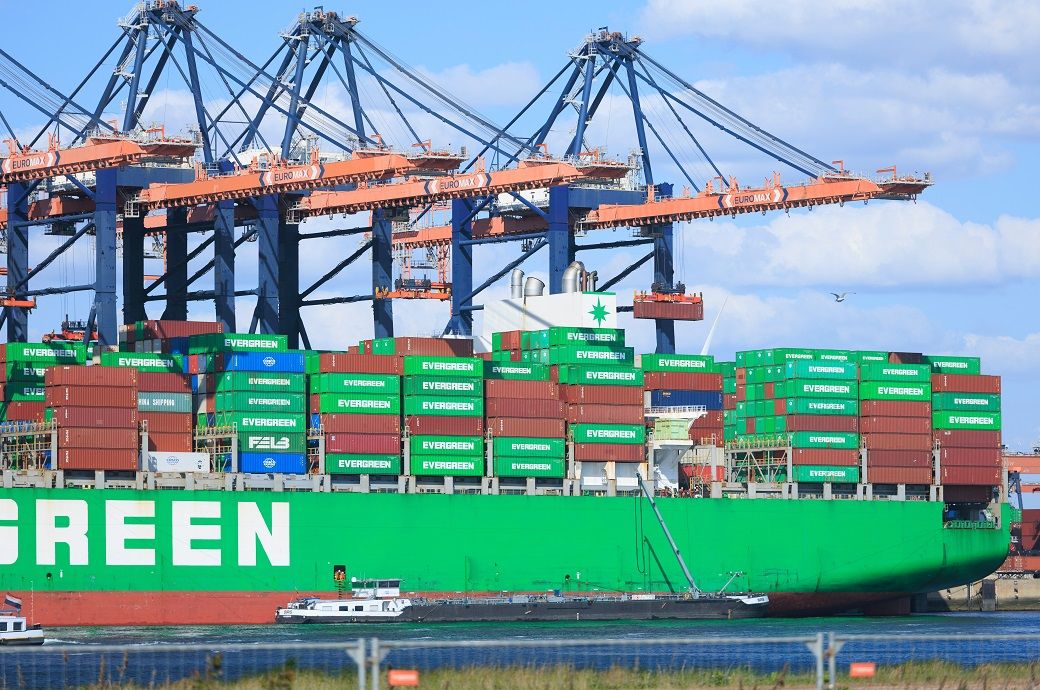
The data showed that the decline was driven mainly by weaker domestic exports, with goods produced in the Netherlands down 8 per cent YoY. In contrast, re-exports to the US rose 3.9 per cent during the period. Exports to the US have fallen every month on a YoY basis since July, CBS said in a press release.
Trade flows were influenced by uncertainty around US import tariffs. In the first half of 2025, trade between the two countries continued to grow, possibly as companies advanced shipments ahead of announced tariff measures.
Goods exports from the Netherlands to the United States fell 4.7 per cent YoY to €27.5 billion (~$33 billion) in the first ten months of 2025, driven by an 8 per cent drop in domestic exports, according to CBS.
Re-exports rose 3.9 per cent, while tariff uncertainty weighed on trade.
Imports from the US increased 1.9 per cent to €48.1 billion (~$57.7 billion).
Meanwhile, imports from the United States rose 1.9 per cent YoY to €48.1 billion (~$57.7 billion) in the first ten months of 2025.
Fibre2Fashion News Desk (SG)
Fashion
Philippines revises Q3 2025 GDP growth down to 3.9%

The Philippines’ economic growth for the third quarter (Q3) of 2025 has been revised slightly lower, with gross domestic product (GDP) expanding 3.9 per cent year on year (YoY), down from the preliminary estimate of 4 per cent.
Gross national income growth for the quarter was also revised to 5.4 per cent from 5.6 per cent, while net primary income from the rest of the world was adjusted to 16.2 per cent from 16.9 per cent.
The Philippine Statistics Authority has revised down the country’s third-quarter 2025 GDP growth to 3.9 per cent from an earlier estimate of 4 per cent.
Gross national income growth was also lowered to 5.4 per cent, while net primary income from abroad eased to 16.2 per cent.
The PSA said the adjustments reflect its standard, internationally aligned revision policy.
The Philippine Statistics Authority said the revisions were made in line with its approved revision policy, which follows international standards for national accounts updates.
Fibre2Fashion News Desk (HU)
-

 Sports6 days ago
Sports6 days agoPSL 11: Local players’ category renewals unveiled ahead of auction
-

 Entertainment5 days ago
Entertainment5 days agoClaire Danes reveals how she reacted to pregnancy at 44
-

 Business6 days ago
Business6 days agoBanking services disrupted as bank employees go on nationwide strike demanding five-day work week
-

 Tech1 week ago
Tech1 week agoICE Asks Companies About ‘Ad Tech and Big Data’ Tools It Could Use in Investigations
-

 Fashion1 week ago
Fashion1 week agoSpain’s apparel imports up 7.10% in Jan-Oct as sourcing realigns
-

 Sports5 days ago
Sports5 days agoCollege football’s top 100 games of the 2025 season
-

 Business1 week ago
Business1 week agoHonda announced great news to car enthusiasts – SUCH TV
-

 Politics1 week ago
Politics1 week agoFresh protests after man shot dead in Minneapolis operation






